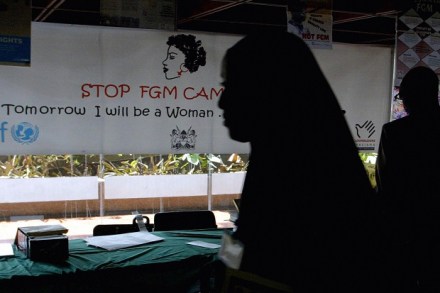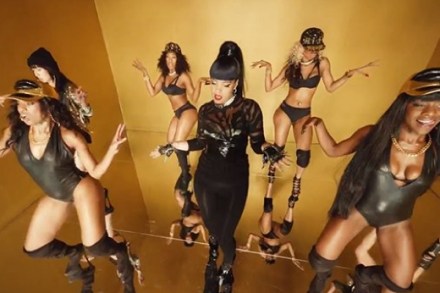Women shouldn’t see fertility treatment as a lifestyle choice
Pasted between adverts for chewing gum and the latest Hollywood blockbuster, a series of adverts on the tube are currently flogging ‘fertility for the over-40s’. They come at a time when Professor Dame Sally Davies, Chief Medical Officer for England, has recently commented on Britain’s attitude to fertility. Davies said she was concerned about the ‘steady shift’ towards women choosing to postpone starting a family until their late 30s and early 40s, reducing their chance of conception, and increasing their medical risks. ‘We all assume we can have children later but actually we may not be able to,’ she said. Why do women continue to assume they can have children





















